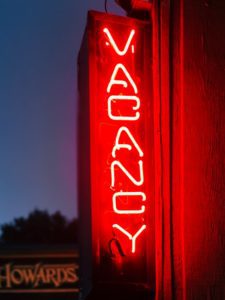
“I Love My Church.” It was the slogan for a capital fund drive at the little church where I belong. I turned to our treasurer, sitting in the pew behind me—he is, like me, a bit of a grump—and said, “I have mixed feelings about my church. What should I do?” To my great pleasure, he replied, “Get over it. Give money anyway.”
That’s the spirit! A church is more than a buyer’s club, a co-op that delivers maximum religious benefit to members at the lowest cost. A good congregation puts its shoulder to a bigger wheel: transforming lives in ways no one can predict, in harmony with the congregation’s purpose. Our success is measured by the good we do, not by how satisfied we are.





